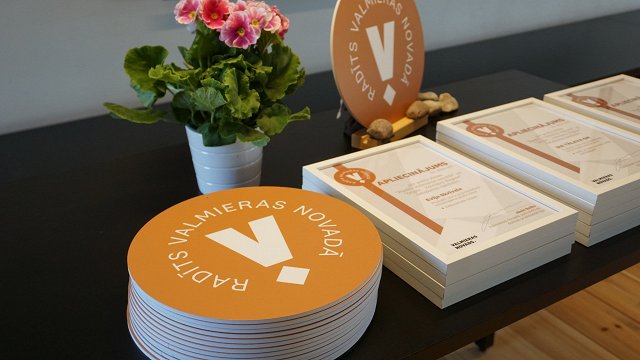23% of Latvian small and medium-sized entrepreneurs in a survey conducted by SEB Bank indicated that they are planning to take loans for business development. The figure is similar in neighboring countries. Wariness toward loans has increased with the war in Ukraine.
Arnis Škapars, a board member of SEB Bank, said that in peace times around half of surveyed entrepreneurs usually indicate a willingness to invest. “Those who are not prepared mention the uncertainty in the energy sector, fluctuations in metals and timber prices. It's normal human behavior in these circumstances. Although if we looked at a more fragmented picture, we still see that in life we are providing more new funding than last year. And SMEs that are stronger have not stopped in development, but rather find new markets and directions to go ahead with business.
“I am more concerned about small businesses, particularly in the services area, because the picture looks most disturbing when it comes to winter,” said Škapars.
Loan portfolio shows a more positive trend than the survey of small entrepreneurs, Škapars said. Compared to the first half of last year, this year this segment's business lending volume increased by 11%, amounting to €117 million.
“In the survey, we try to include different segments as much as possible. But if we look at our loan portfolio, some of the small services companies, for example, are difficult to grant loans to because their financial situation is not great, they are surviving. The pandemic also hit the service sector,” said Škapars.
The head of Farmers Federation, Agita Hauka, confirmed that loans are becoming more urgent, but their availability is also low for small farmers. “I have not heard any improvement, because our farmers have already given up loans at banks and look more at Altum loans [..]and small loans without pledges, as commercial banks require collateral. And if you're farther from Rīga, you're being looked at suspiciously and with many different demands, you need a long time, and in the end you're told no. Small and medium-sized farmers are looking for other options for modernisation, but the banks are not too supportive,” Hauka said.
Jānis Lielpēteris, board member of the Latvian Chamber of Commerce and Industry, commented that the availability of finance in Latvia was always more stable for large companies. But small and medium-sized companies are looking for funding for current spending more than long-term plans.
"In Latvia, the main business loans are granted by the four large international banks, where lending policy is often defined within the groups. In particular, Latvian small entrepreneurs have not yet been able to develop as successfully to reach a profile as small businesses look, for example, in Scandinavia. The risk appetite for banks has undoubtedly changed.
"And in the small-business segment, one of the most significant problems is that the manager of the company is also the accountant, the financier, and also the lawyer. Consequently, in order to successfully present its business plan to the bank, a small company does not have sufficient internal administrative resources," said Lielpēteris.
The survey shows that more than a third of small and medium-sized entrepreneurs in Latvia and Lithuania need a loan to purchase raw materials and resources, while in Estonia the purchase of production equipment is more current. Similarly, business development in new markets and innovation is an important investment goal in all Baltic countries.




























